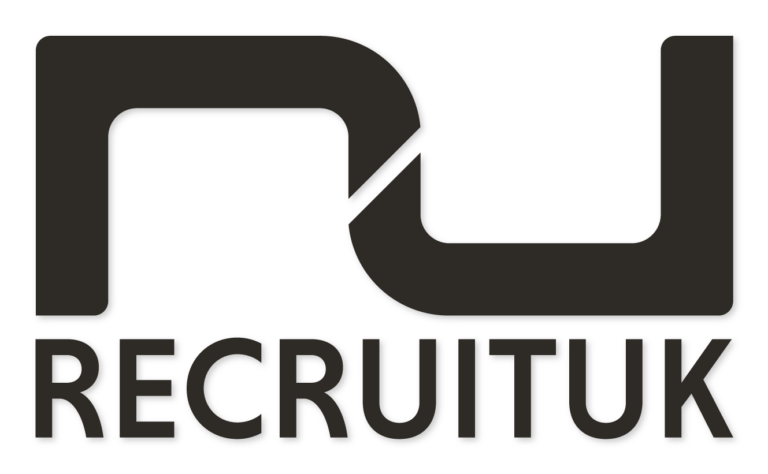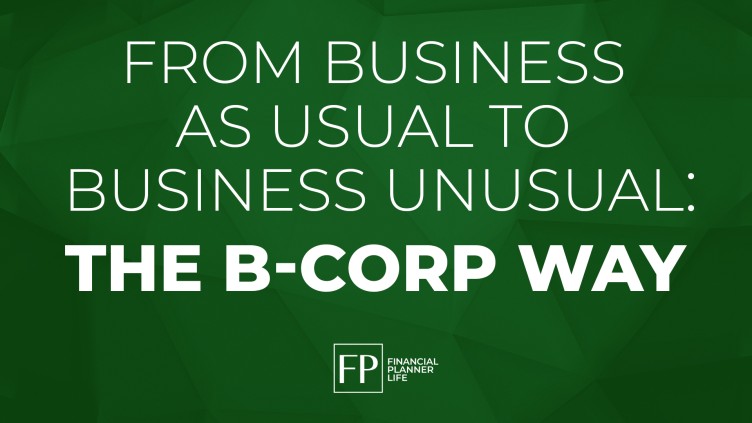Big organisations offer some big benefits—generous perks, bigger salaries, fancy offices—but when it comes to professional growth, bigger doesn’t necessarily mean better. What small businesses lack in flashy perks, they more than make up for in career opportunities. And when it comes to getting noticed, the smaller the stage, the greater your chances are of stealing the scene.
There are advantages to working at both “small” companies (generally considered to be businesses with fewer than 100 employees) and “large” companies (those with more than 500 employees; “mid-sized” organizations fall between the two).
Unless you have a concrete reason behind leaning toward one over the other, it’s best to apply to companies of all sizes when looking for a role.
Here are some of the major differences you’ll notice:
Staff dynamic
Employees at a small company will usually get to know each other better and often develop a sense of community and teamwork. They may also find it easier to develop relationships with most or all of the people at their office, which can be great for fostering a positive work environment.
At large firms, staff are more likely to work in teams within departments or even different offices. They often build strong relationships with the people they work closely with and become acquainted with other staff members (this can be very helpful for networking).
Levels of responsibility
Those who work at a smaller company may have more individual responsibility. A small team of employees means that there are fewer individuals responsible for the company’s operations, so the share of responsibility is greater.
In general, a company’s size determines how much of a role an ordinary employee has in both the organisation’s successes and failures. At smaller companies, there’s potential for more recognition when things go well – and more accountability when they don’t.
Job descriptions
Along with a greater portion of responsibility, employees of small companies also have more varied workloads. One person might be responsible for managing several portfolios or platforms, while someone with a similar background at a larger organisation may only be responsible for one or two projects, working as part of a larger team.
There are pros and cons to both! At a large company, you’ll likely find a more established internal structure with clear delegation of responsibility and the opportunity to focus intensely on a small number of tasks.
Get to work in a smaller organisation, and you’ll be responsible for a more diverse and fluid role. This can be great for gaining new experience and growing professionally.
Mobility and stability
Companies with more employees typically have more opportunities for advancement within the organisation. These opportunities can be both vertical (moving upwards in the company’s management structure) or horizontal (moving into a different department or area at a similar level).
In comparison, staff at smaller companies can be more stable – it’s less likely that employees will change positions internally, so unless they decide to leave the organisation, the company’s internal structure is not going to change as often.
Employee benefits
Large companies can sometimes offer their employees more comprehensive benefits and higher salaries because they generally have the resources to do so.
However, working in a smaller office can come with other perks. Companies with fewer employees might have more personal staff outings and get-togethers or celebrate birthdays or holidays, this can strengthen team dynamics and create an environment where employees genuinely enjoy working together. It’s also much more common for employees of small (or new) companies to own equity in the company, which means their hard work is directly tied to an increase in value.
When it comes to an ideal company size, there’s no “right” answer – it’s important to take time to reflect on your personal and professional priorities to understand which space might be better for you. If you would like a conversation around your ideal company fit and your next career move, feel free to confidentially contact one of Recruit UK’s specialised recruitment consultants on 01179-45040.











